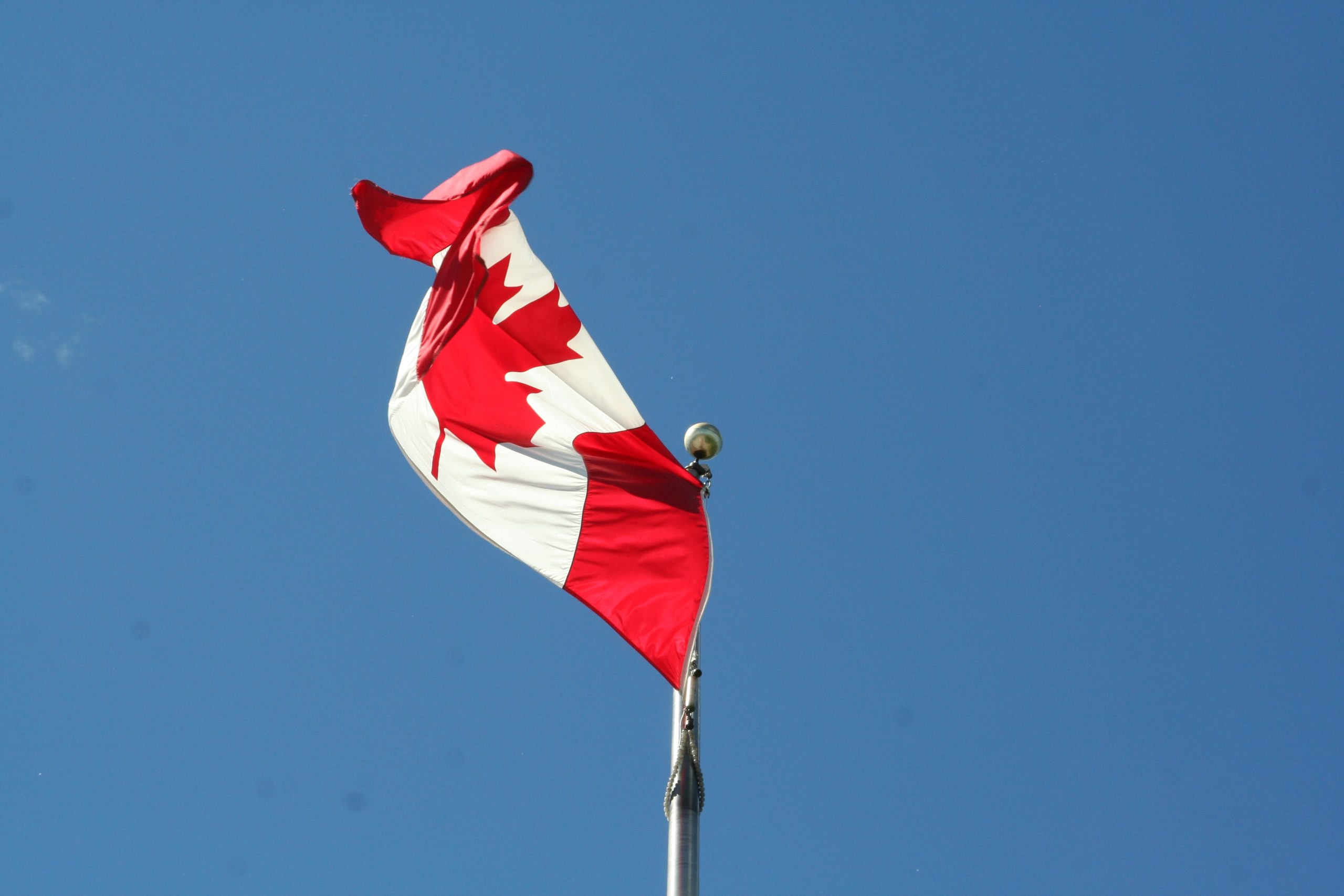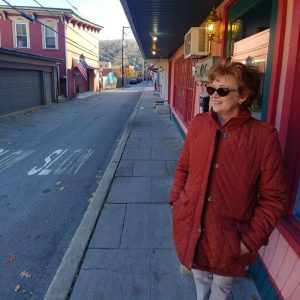Americans don’t often officiate as language police. They will not easily school you in the use of “is” and “are”. For me as a second language speaker with an accent, that is good news. Thanks to that attitude, I feel free to practice my English boldly, and after five years in America I speak it much more fluently.
Sometimes, however, an expression is still a bit beyond my ken. Like: “That’s not in my wheelhouse.” It comes from baseball. I should have known! It means something is not part of my expertise.
The other day I told an American friend that someone “didn’t pitch”. My friend frowned, and I explained: “She didn’t show up.” Afterwards I looked it up and found that “someone didn’t pitch up” is a British expression. The British Empire is casting a long shadow.
Yes, I know the Americans were part of the British world long ago, but they have been a separate nation for almost 250 years now. And it shows.
The other day someone asked on a large Facebook group for expats in which country abroad most South Africans would like to live. Australia won hands down. The climate, the great outdoors, the Southern Hemisphere (which means the seasons are what you are used to), rugby and cricket were among the decided pluses mentioned. My sister, who lives in Australia, says they were often corrected in the beginning when they spoke English incorrectly. She is a teacher, and a learner one day asked her where she comes from. He was really surprised when she said South Africa. He thought she was from Russia. Hey, those rolling Rs!
South Africans living in Canada bravely tried to defend their choice on the group, but there was consensus: Too cold. Canadians also like to correct your diction. The nuclear power plant my husband works on is in many ways perfect for Canada. They are very “green” and always looking for clean energy. That’s why the company has now opened an office in Canada. My husband likes to joke that his English is a telltale of his Free State childhood. He works with six Afrikaans engineers. A colleague always says that bunch of Boers speak English only out of self-defence. You can well imagine their written English is not exactly up to Cambridge or Oxford standard. Their American colleagues couldn’t care less. If the design drawings make sense and the maths add up, they are satisfied. But not the Canadians. Not long after the new office opened, they hired a language editor to straighten the Boers’ English in technical reports. Remember, they are Canadian, so they say “sorry” and “excuse me” more times in an e-mail than there are ice hockey players in their country. They may be polite, but they are also firm – the language must be right.
Yes, we Afrikaners adapt in foreign parts. We speak the Rooitaal (English) if we need to. But in our hearts we still have a burning desire to live and work and think in Afrikaans. To be able to go to school and grow up and fall in love in Afrikaans. To pray and grow old and even die in Afrikaans.





















